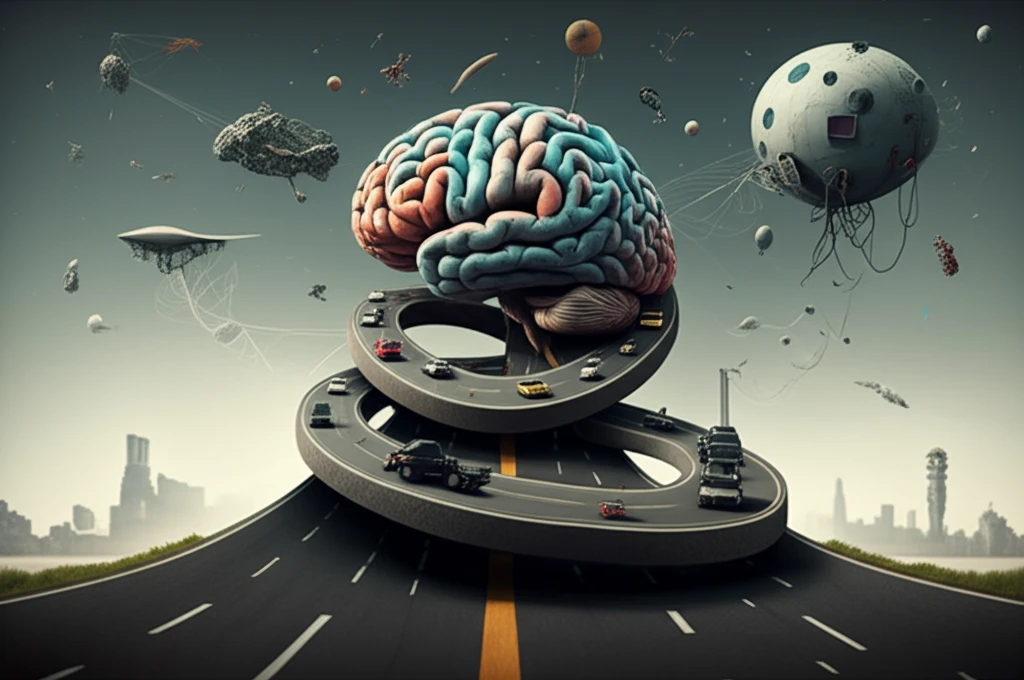
Rerouting Reality: How Bounded Rationality Shapes Your Daily Commute
"Uncover the hidden forces influencing your route choices—and what they mean for the future of traffic management"
We often assume that when we're behind the wheel, we're making perfectly logical decisions. We map out the fastest route, take real-time traffic into account, and execute accordingly, right? But what if the reality is far more nuanced? What if our decision-making is ‘bounded’ by the limits of our own rationality?
The concept of bounded rationality acknowledges that we don't always have the capacity (or even the desire) to make optimal choices. Instead, we settle for ‘good enough.’ This is especially true in complex scenarios like navigating daily traffic. Think about it: Do you really analyze every single possible route, or do you stick to familiar paths, even if there might be a quicker way?
New research is diving deep into these bounded rationalities, exploring how they impact our day-to-day rerouting decisions. The goal? To better understand—and ultimately predict—traffic patterns. And, potentially, to manage them more effectively. The key lies in distinguishing between absolute and relative bounded rationality, two concepts that could change how we think about our commutes.
Absolute vs. Relative Bounded Rationality: What's the Difference?

To understand how bounded rationality affects your commute, it's crucial to differentiate between two types:
- Relative Bounded Rationality: This is more flexible. Your 'indifference band' adjusts based on the length of your trip. A 10-minute saving might be significant on a 30-minute commute, but not worth the hassle on a 2-hour drive. It's about proportional gains.
- Think of it this way: With absolute bounded rationality, you might ignore a 5-minute detour that shaves 7 minutes off your hour-long commute. With relative bounded rationality, you're more likely to take it because it’s a notable percentage of your total travel time.
The Road Ahead: Why Understanding Commuter Psychology Matters
The next time you’re stuck in traffic, consider the hidden psychological forces at play. Recognizing that we don’t always make perfectly rational decisions is the first step toward creating smarter, more responsive transportation systems. Whether it's through adaptive traffic signals or personalized route recommendations, the future of traffic management lies in understanding the beautifully 'bounded' ways we think on the road.
